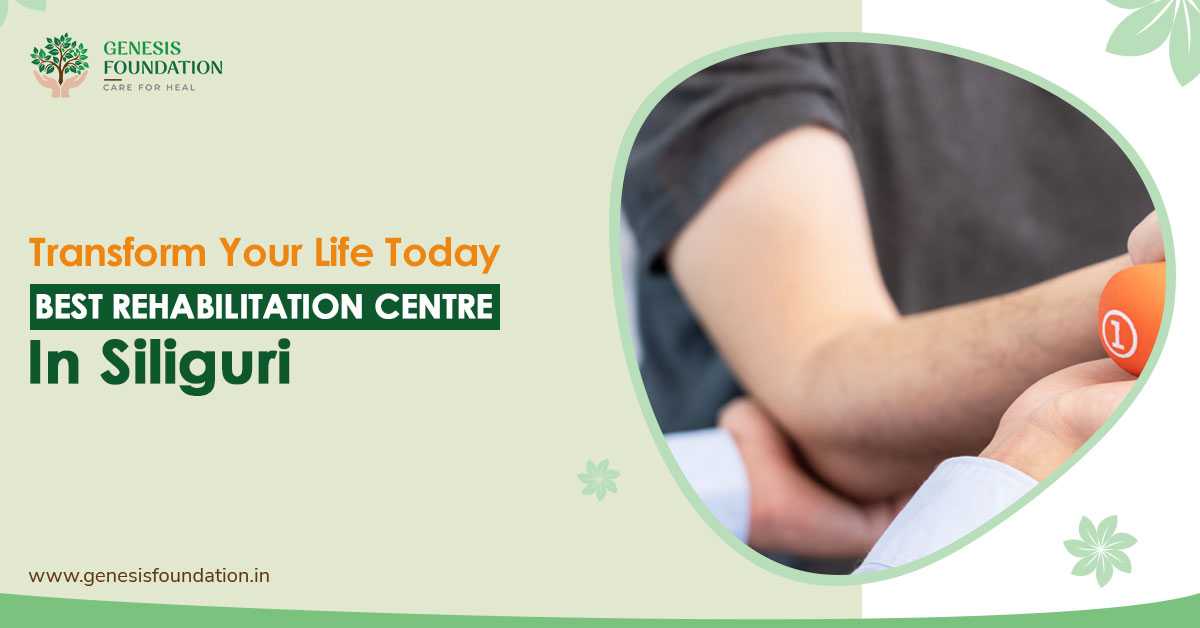Addiction or substance use disorder is one of the most chronic mental disorders where the person experiences an uncontrollable urge towards addictive substances such as alcohol, illicit drugs, or certain medications. However, you must note that not everyone who takes drugs becomes addicted. There are various phases of addiction, which are often progressive and can lead to significant changes in the brain. It is vital for you to understand the 7 distinct stages of addiction so that you can identify the time when you must visit a Siliguri rehab center.
Remember that in most cases, people don’t get addicted to a substance instantly but it happens when they keep on taking the substance for a longer period. The type of drug, quantity consumed, and frequency are some of the factors associated with the progression of addiction and the length of each stage. You should know that there can also be certain instances where the person may stop using the drugs before reaching the addiction stage and in such cases, it is not essential for the person to receive rehabilitation.
Understand And Identify The Common Stages Of Addiction
1. Initiation
This is the first stage of addiction when the person is just starting to use the addictive substances. People often don’t think of the long-term effects of the drugs at this stage and try them out of curiosity or to fit in the group. In most cases, you might stop using the drug when the curiosity is over and this prevents you from being addicted.
2. Experiment
In this experimentation stage, you may start using the drugs to discover their effects on your life. Herein, the person might experience little to no cravings towards the addictive substances but may opt for them to manage stress or while attending a party. You may not need to visit a rehabilitation center in Siliguri if you’re taking the drugs occasionally at this stage.
3. Regular usage
In this stage, the experimental usage of the drugs becomes a regular part of your life. The person might develop a pattern of taking the drugs which may include during weekends or emotional turmoil. You must know that the drugs start impacting your life from this stage while creating a mental reliance.
4. Dangerous usage
You become a risky drug user in stage 4, where the negative impacts of the drugs become more significant. In this stage, you may start neglecting responsibilities, stealing money, and hiding drugs to maintain the constant urges. Many drinkers or drug abusers witness a sudden degradation in their school or work performance at this stage.
5. Developing dependency
If you have entered the dependency stage then you no longer are using the drugs for recreation. You have become totally reliant upon the drugs and it’s impossible for you to resist the cravings. When you start quitting the addictive substance suddenly in this stage then you may start developing distressing withdrawal symptoms that need to be controlled by a Siliguri rehab center.
6. Addiction
After crossing the dependency stage, you become fully addicted to the addictive drugs. In this stage, using drugs is not a conscious choice because you’re physically and mentally dependent on it. When you get treatment for addiction and recover from it, you may still have chances of relapse which can take you towards the illicit drugs again.
7. Crisis stage and treatment
The ultimate stage of addiction is crisis where the addiction becomes out of control and can lead to serious dangers in your life. The risk of suffering a life-threatening life incident or fatal drug overdose is higher in this stage. Most people choose to visit a rehab center at this stage to embark on an addiction-free life.
Are you suffering from any of these stages of addiction? If yes then without any delay visit a renowned Siliguri rehab center and get professional guidance today. Remember that early intervention of substance use disorder can significantly increase the success rates of de-addiction treatment with lower chances of relapse.




